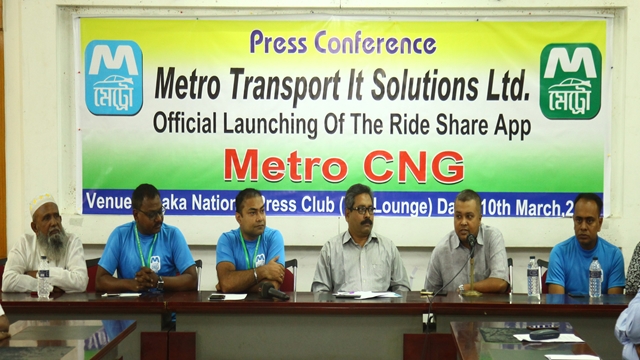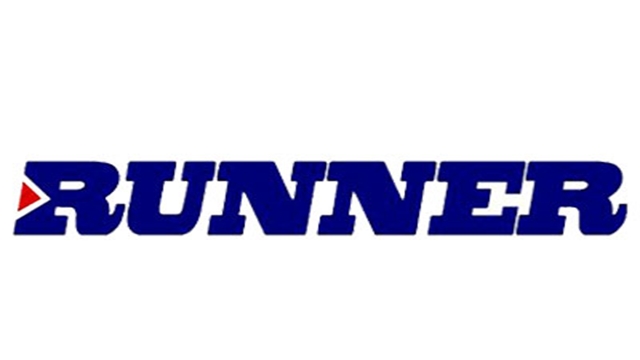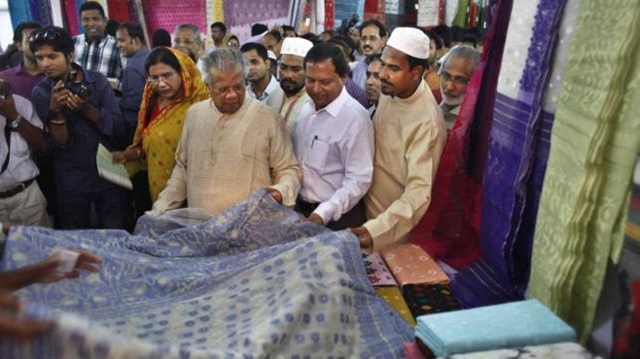Rubel Rana
Published:2018-08-26 16:42:49 BdST
RMG industry steadily getting corporatised
FT ONLINE
Local ready-made garment (RMG) industry is gradually adopting corporate culture due to increasing role of their owning conglomerates, with a view to improving operational efficiency, managerial capacity and workers' rights situation, industry people said.
They also said the garment factories, in their initial age, were operated by individual owners. Now majority of the apparel factories are owned by different group of companies.
At present, the RMG business is being operated through various departments including marketing, finance, operations, compliance, merchandising, research and development, and human resources etc under the umbrella of respective group.
Though some RMGs have small-sized departments, all are working towards achieving their parent groups' overall goals, they noted.
The trend is also found in a recent study conducted by the think-tank - Center for Policy Dialogue (CPD).
About 61 per cent of the surveyed apparel factories are sister concerns of different group of companies, according to the study.
After Tazreen fire incident and Rana Plaza building collapse, a good number of factories, especially the small ones and the units located in rented or shared buildings, could not undertake various post-inspection safety measures for fixing flaws.
Subsequently, the big companies have taken over the small factories - their overall management, machinery and utility connections, the industry insiders said.
They opined that adopting corporate culture is beneficial for the RMG industry, as it helps to ensure better management of all activities, reduces overhead cost, and facilitates industrialisation in the country.
"The great advantage of operating a number of businesses under a group is that it helps to reduce overall cost," said Tapan Chowdhury, managing director of Square Textile Ltd and president of Bangladesh Textile Mills Association.
It also ensures providing different rights and benefits to workers and staff members, he said.
A composite or group of companies has its own backward linkage industries, like - spinning, knitting, dying, printing and accessories, that help to meet the lead time, said M A Rahim, vice chairman of DBL Group.
Buyers remain concerned over timely shipment and quality of products. Their expectations can be well fulfilled, if all the required backward linkage industries are operated under one single umbrella, he explained.
"Many financially sound big factories, whose export volumes are high, have taken over workforce, machinery and licenses of utility services of a number of small and medium-sized factories that were forced to shut over safety issues," he noted.
Some 23 business entities are currently operating under DBL Group, including garment, ceramics, ICT and telecommunication, and dredging, according to its official webpage.
Salam Murshedy, managing director of Envoy Group, said corporate culture is being gradually established in local garment sector.
"Corporate culture will help to ensure industrialisation across the country, develop skilled human resources, and build a positive image (of the industry) outside the country."
He hoped that once such culture is established in the local industries, they might be able to open offices, branches or subsidiaries outside the country.
Envoy Group operates dozens of entities, including apparel, textile, real estate, trading, freight forwarding, hospitality, banking and construction etc.
Interchange of work orders is possible among the factories, if operated under the same management, said S M Khaled, managing director of Snowtex Apparels Ltd.
Corporate culture can reduce business hazards as well as ensure better working environment and workers' rights in line with the law of lands, he explained.
Corporate culture also makes officials and workers more responsible in discharging their duties, ensures job satisfaction, and lowers migration rate, he noted.
Unauthorized use or reproduction of The Finance Today content for commercial purposes is strictly prohibited.










